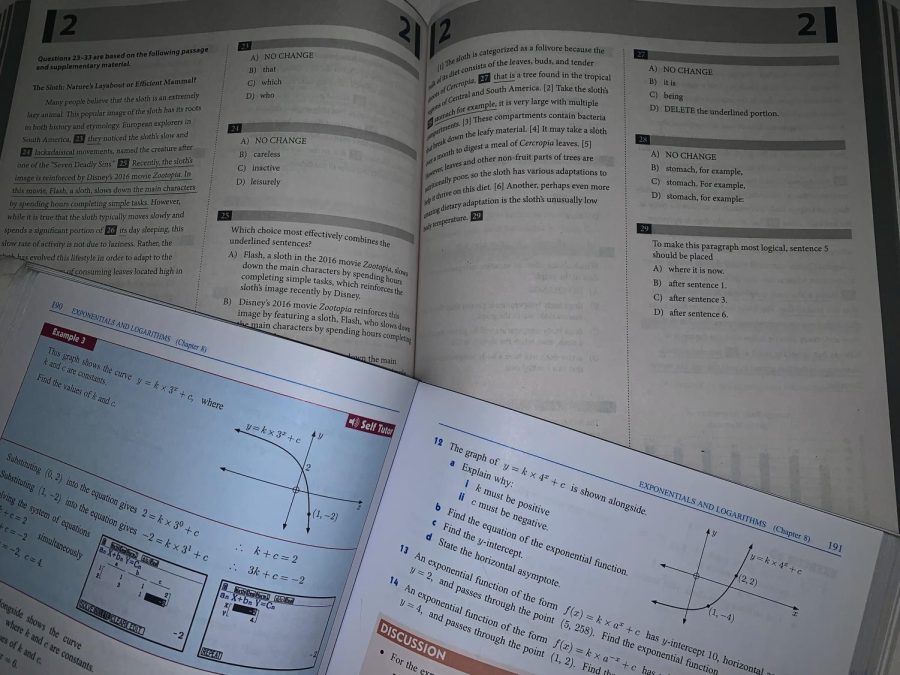Where Standardized Testing Falls Short
Students get taught the mindset of “this shows how smart you are, so do well the first time,” rather than “this is a practice to help you get better.”
Current high schoolers have been participating in state testing since elementary school. If you ask a random public high schooler what the FSA is, they will know. Some of the oldest even remember the FCAT, the version of Florida’s state testing that existed before the Florida Standards Assessment was created. These types of tests have also been around for much longer than this. Multiple generations have taken them, so if you ask your parents if they did state testing, however long ago they were in school, they would probably say yes. Regardless, we know tests are not an accurate measure of intelligence, and many things are wrong with this mandated testing policy.
For one, test anxiety is very prominent in schools and an important reason state testing is unfair for all students. Some people are genuinely unable to do well when they are shaking, involuntarily checking the clock, and having racing thoughts. It is completely unreasonable to ask students to finish under these conditions. There are levels of test-taking anxiety, so some people do not feel horrible, but therein lies the issue. These tests do not consider that everyone learns differently since they are tailored to a certain type of learner.
Another aspect that stunts test takers’ ability is that many students need a 504 plan because of reasons such as ADHD or dyslexia. Neurodiversity is real, yet all students are often put in the same situation to take the test. Anyone who needs accommodations will not know because they are told only certain reasons count. People who are not necessarily smarter than anyone else and do better on standardized tests are seen as superior, dividing the student body by no fault of their own. They are simply told from a young age that state testing is more important than other tests and that you need them to graduate. This idea is then ingrained in little kids’ brains, and they carry that message with them throughout school. Putting that much weight on a child is detrimental and even worse for high schoolers because mental health is at an all-time low.
A characteristic of our generation is worrying more about getting into college than any past generations did. This connects to the wave of expectations and worries about state testing that has built up for years and finally crested with us. Students believe that if they cannot pass, their future is over, and they will never get into a good college. If we think longer about it, it is really dramatic. But it is hard to break this way of thinking when you have been told that by adults your whole life. No one should be so anxious at such a young age, but state testing plants the seeds. Students get taught the mindset of “this shows how smart you are, so do well the first time,” rather than “this is a practice to help you get better.” This enforces that we receive validation from tests rather than teachers, who are actual people that know us.
It all derives from the state policy, which even some teachers are not in favor of. They are the ones with students in the classroom– seeing them every day– and know what would actually be best for them. The people making this policy are everything but that. It doesn’t matter what things were like years ago; it matters how students are doing now– and they aren’t doing well. Standardized tests are not how we learn, and the policy has too many problems.











